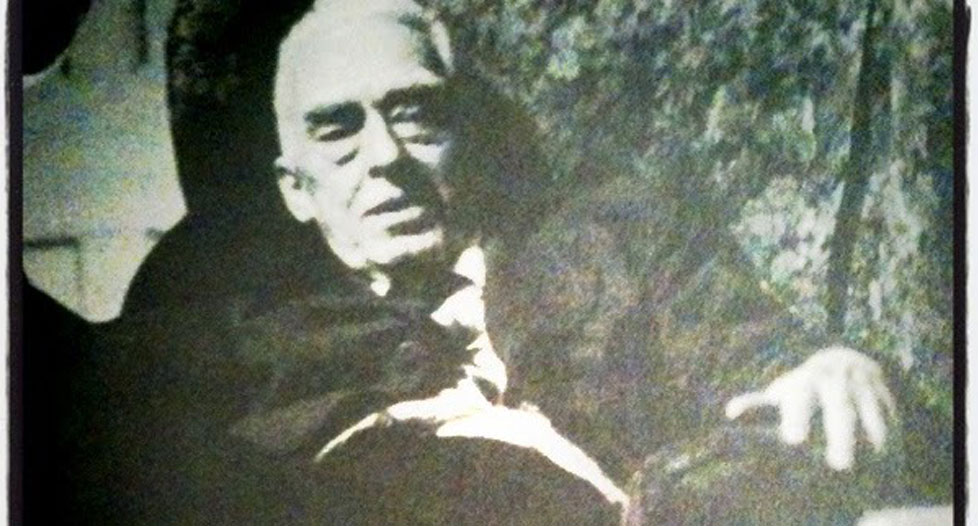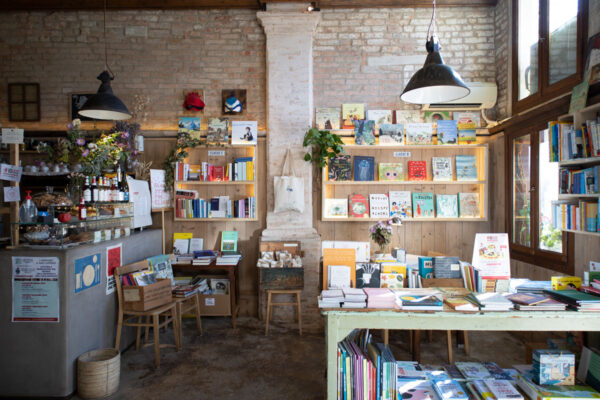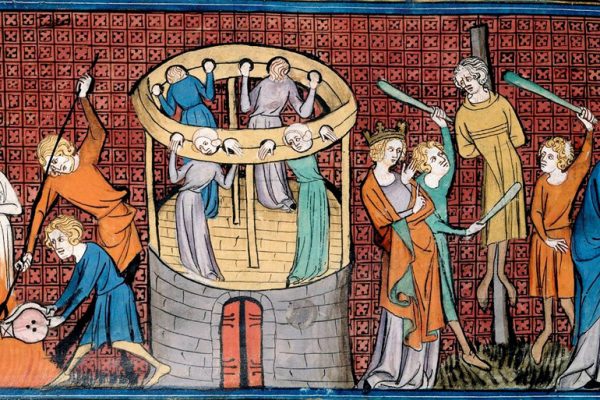Alessandro Roncaglia, Piero Sraffa: His life, thought and cultural heritage, Routledge, 2000-2009
Alessandro Roncaglia
Alessandro Roncaglia is professor of Political Economy at the University of Rome La Sapienza. He is co-curator of the Archive of Italian Economists.
This is a lively, intellectual biography of a leading protagonist of 20th century culture and his relations with other protagonists, such as Gramsci, Keynes and Wittgenstein. The book includes an authoritative interpretation of his main work Production of Commodities by Means of Commodities, a survey of the debates which followed its publication, and hence of the subsequent research strategies undertaken by different ‘Sraffian schools’.
 Born in Turin in 1898 to Angelo and Irma Sraffa, Piero Sraffa graduated in Economic from the University of Turin studying with Luigi Einaudi. From 1921 to 1922 he studies at the London School of Economics. In 1922 he was appointed head of teh Provincial Labour Department in Milan and professor of economics at the University of Perugia and the University of Cagliari. He became a friend of Antonio
Born in Turin in 1898 to Angelo and Irma Sraffa, Piero Sraffa graduated in Economic from the University of Turin studying with Luigi Einaudi. From 1921 to 1922 he studies at the London School of Economics. In 1922 he was appointed head of teh Provincial Labour Department in Milan and professor of economics at the University of Perugia and the University of Cagliari. He became a friend of Antonio
Piero Sraffa
Piero Sraffa (August 5, 1898 – September 3, 1983) was an influential Italian economist whose book Production of Commodities by Means of Commodities is taken as founding the Neo-Ricardian school of Economics. He was born in Turin, Italy, to a wealthy Italian Jewish family, to Angelo and Irma Sraffa.[1] His father was a Professor in commercial law. Sraffa studied in his town and graduated at the local university with a work on inflation in Italy during and after World War I. Notably, his tutor was Luigi Einaudi, one of the most important Italian economists and later a president of the Italian Republic. From 1921 to 1922 he studied in London at the London School of Economics. In 1922 he was appointed as Director of the provincial labour department in Milan, then as Professor in Political economy first in Perugia, and later in Cagliari, Sardinia. In Turin he had met Antonio Gramsci (the most important leader of Italian Communist Party). They became close friends, partly due to their shared ideological views. He also was already in contact with Filippo Turati, perhaps the most important leader of Italian Socialist Party, whom he allegedly met and frequently visited in Rapallo, where his family had a holiday villa. In 1925, he wrote about returns to scale and perfect competition, underlining some doubtful points of Alfred Marshall’s theory of the firm. This was amended for British readers and published in 1926 as The Laws of Returns under Competitive Conditions. In 1927, his as yet undiscussed theory of value[2], but also his – in fascist Italy – risky political ideas and his compromising friendship with Gramsci (who had already been imprisoned by the fascists —notably, Sraffa had brought him the materials, literally pens and paper, with which Gramsci would write his Prison Notebooks), brought John Maynard Keynes to prudentially invite Sraffa to the University of Cambridge, where he was initially assigned a lectureship. That Sraffa hated lecturing is normally explained by his shyness. But perhaps he declined teaching an economic theory he found wanting. So he stopped collaborating in the making of Keynes’ General Theory as Keynes used a subjective propensity to consume. After a few years, Keynes created ex novo for him the charge of Marshall Librarian. Sraffa joined the so-called “cafeteria group”, together with Frank P. Ramsey and Ludwig Wittgenstein, a sort of informal club that discussed Keynes’s theory of probability and Friedrich Hayek’s theory on business cycles. In 1939 he was elected to a Fellowship at Trinity College. As stated above, Sraffa is known also for his close friendship with Italian Marxist thinker Antonio Gramsci and for being instrumental in securing Gramsci’s prison notebooks from the Fascist authorities after the latter’s death in 1937. Norman Malcolm famously credits Sraffa with providing Ludwig Wittgenstein with the conceptual break that founded the Philosophical Investigations, by means of a rude gesture on Sraffa’s part:[9] Wittgenstein was insisting that a proposition and that which it describes must have the same ‘logical form’, the same ‘logical multiplicity’. Sraffa made a gesture, familiar to Neapolitans as meaning something like disgust or contempt, of brushing the underneath of his chin with an outward sweep of the finger-tips of one hand. And he asked: ‘What is the logical form of that?’ In the introduction to Philosophical Investigations, Wittgenstein mentions discussions with Sraffa over many years and says: “I am indebted to this stimulus for the most consequential ideas in this book”. Sraffa was described as a very intelligent man, with a proverbial shyness and a real devotion for study and books. His library contained more than 8,000 volumes, now partly in the Trinity College Library. A popular anecdote claims that Sraffa made successful long-term investments in Japanese government bonds that he bought the day after the nuclear bombing on Hiroshima and Nagasaki.[10] Another version of this is that Sraffa bought the bonds during the war, when they were trading at distressed prices, as he was convinced that Japan would honour its obligations (Nicholas Kaldor, pp. 66–67).[1] In 1972, he was awarded an honorary doctorate by Sorbonne, and in 1976 he received another one from Madrid’s Complutense university.
Gramsci and Filippo Turati. As his ideas came under the scrutiny of the Fascist government, Sraffa moved to Cambridge where he became a lecturer and then a professor. He joined Wittgenstein’s “Cafeteria Group” discussing Keynes’ theories. He remained in England for the rest of his life and died in 1983.
Considered one of the economic giants of the 20th century, Sraffa was at the same time one of the sparest writers of economics – yet each one of his few pieces had a tremendous impact on many disciplines and generated seminal debates among contemporary economists.
 Born in Turin in 1898 to Angelo and Irma Sraffa, Piero Sraffa graduated in Economic from the University of Turin studying with Luigi Einaudi. From 1921 to 1922 he studies at the London School of Economics. In 1922 he was appointed head of teh Provincial Labour Department in Milan and professor of economics at the University of Perugia and the University of Cagliari. He became a friend of Antonio
Born in Turin in 1898 to Angelo and Irma Sraffa, Piero Sraffa graduated in Economic from the University of Turin studying with Luigi Einaudi. From 1921 to 1922 he studies at the London School of Economics. In 1922 he was appointed head of teh Provincial Labour Department in Milan and professor of economics at the University of Perugia and the University of Cagliari. He became a friend of Antonio








